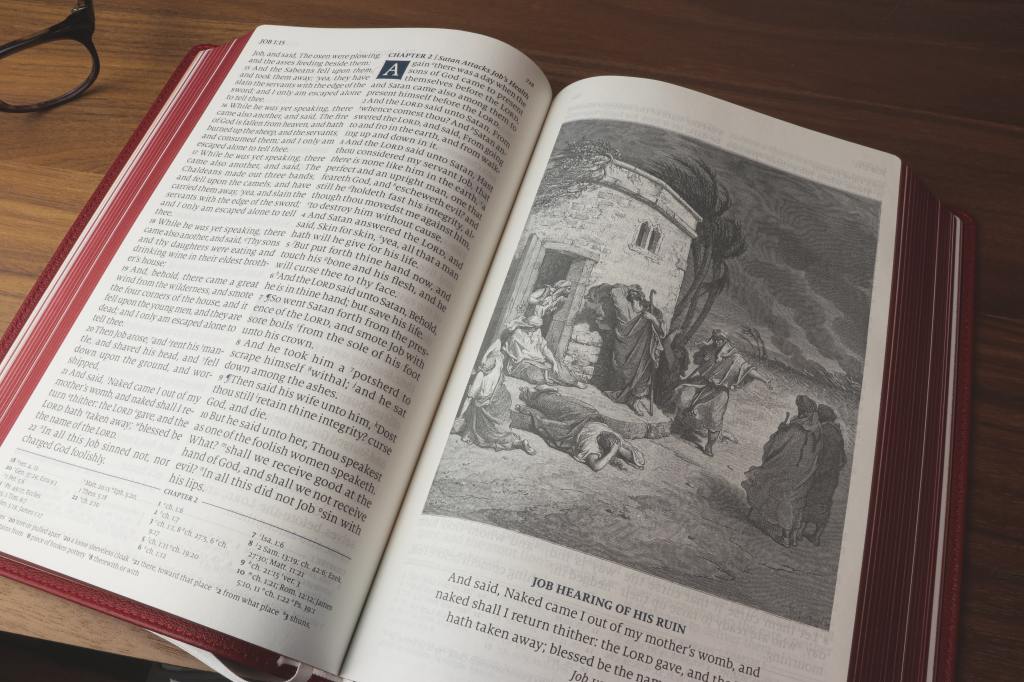Reading: Mark 10: 1-12
Verse 5: “It was because your hearts were hard…”

Today’s passage in Mark is typical of the ‘conversations’ that the religious leaders had with Jesus. Today’s conversation focuses on the topic of divorce. This was a topic widely debated and interpreted since the time of Moses. Jesus quotes from the beginning times, in Genesis, lifting marriage to a lifelong covenant as the two “become one flesh.” In Deuteronomy 24:1 the Law allows for a man to write a certificate of divorce if his wife “becomes displeasing to him because he finds something indecent about her.” At the time, this usually applied to cases of sexual immorality. However, in Deuteronomy 22 the universal punishment for all consensual sex outside of marriage is stoning to death for both parties. If these laws were followed, then divorce caused by sexual immorality would be unnecessary. The muddy waters around the topic of divorce have made it fertile ground for interpretation and debate. For example, in the Mishnah section of the Talmud, a book containing authoritative interpretation of the Law, one rabbi writes that divorce is permissable only for sexual immorality and another rabbi writes that divorce is permissable for something as trivial as burning supper. So for Jesus, there is no 100% right answer.
Jesus answers their question by reminding the religious leaders of God’s intent for marriage. It is to be a relationship where “two become one flesh” as they are united by God. The lifelong commitment is emphasized by Jesus as he says, “what God has joined together, let man not separate.” This is God’s intent for all marriages. In a perfect world every marriage would be ‘happy ever after.’ But we live in an imperfect world, often falling short of the glory of God. Human will has forever fought the will of God. As the ancient Israelites pressured Moses about really, really having to live out God’s intent for marriage, Moses permitted divorce. Jesus points out that it was “because your hearts were hard” that Moses refined the Law. The desires of mankind affected how God’s law was understood and then lived out. The hardening of hearts continues to affect how we as individuals, as communities of faith, and as a society in general live out God’s will for our lives.
Divorce or sexual immorality are far from the only arenas in which humanity says over and over, ‘God, do we really, really have to do this or live just that way?’ Our hard, selfish hearts often lead us to question the will and ways of God. In our passage Jesus is inviting his audience then and us today to better understand and live into the heart of God instead of into our fleshy hearts. God’s heart is a heart first guided by love, but is also backed up with mercy, grace, compassion, empathy, generosity, forgiveness, humility, kindness, gentleness, patience, self-control… May our hearts be filled with these things of God, bringing God the praise and glory. May it be so.
Prayer: Lord God, Jesus boiled down the Law to two central commands – to love you with all that we are and to love neighbor as self. When we truly live these out, all else falls in line. May we not be people who split hairs over this and that. Instead may we love as generously and universally as you love. Amen.









